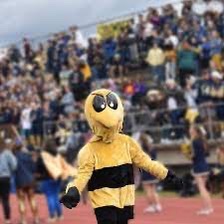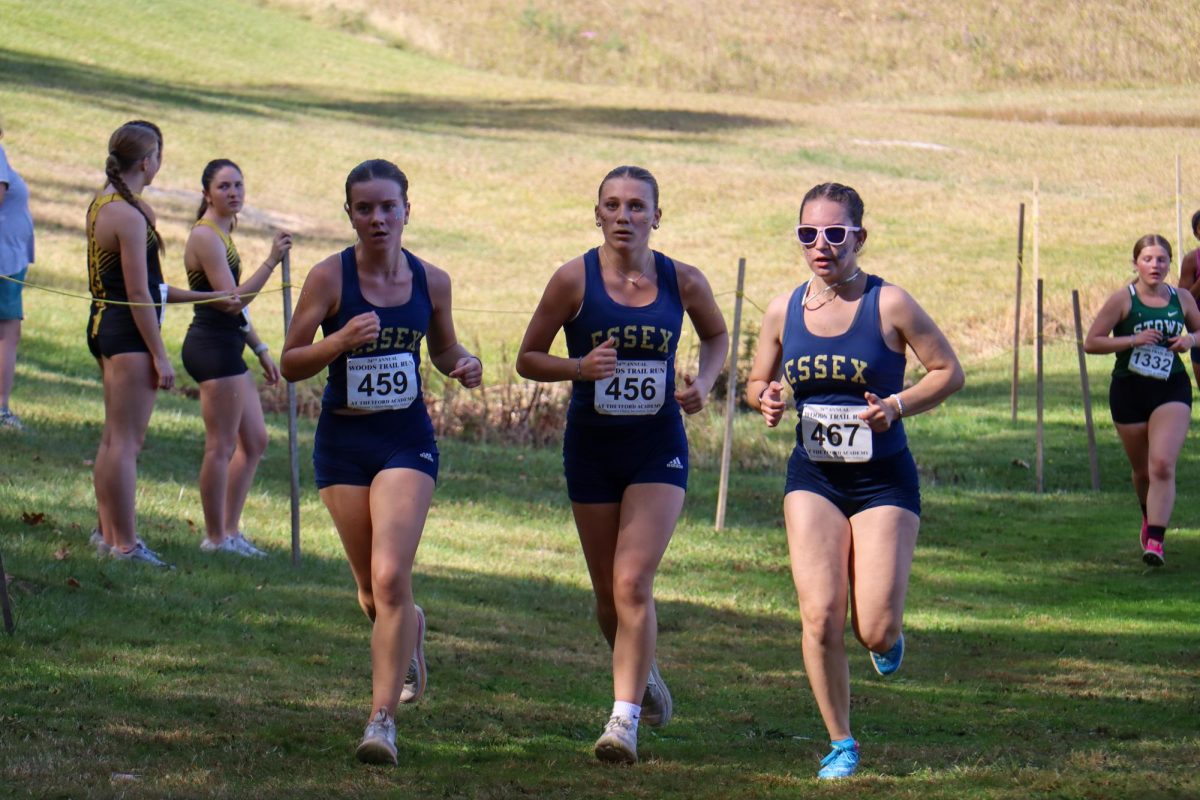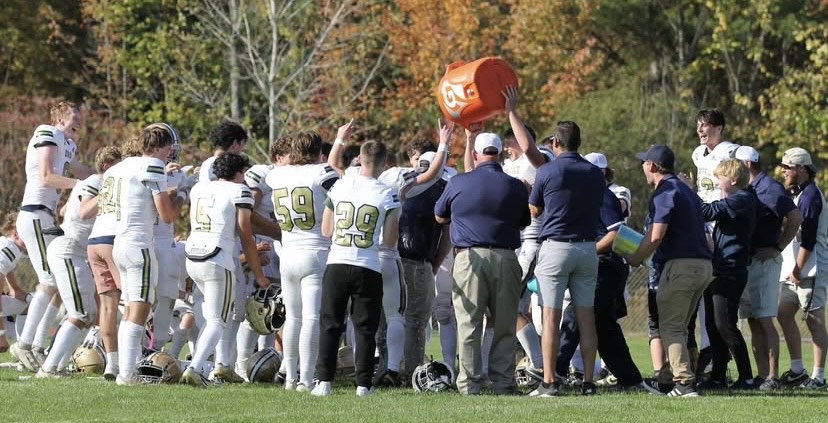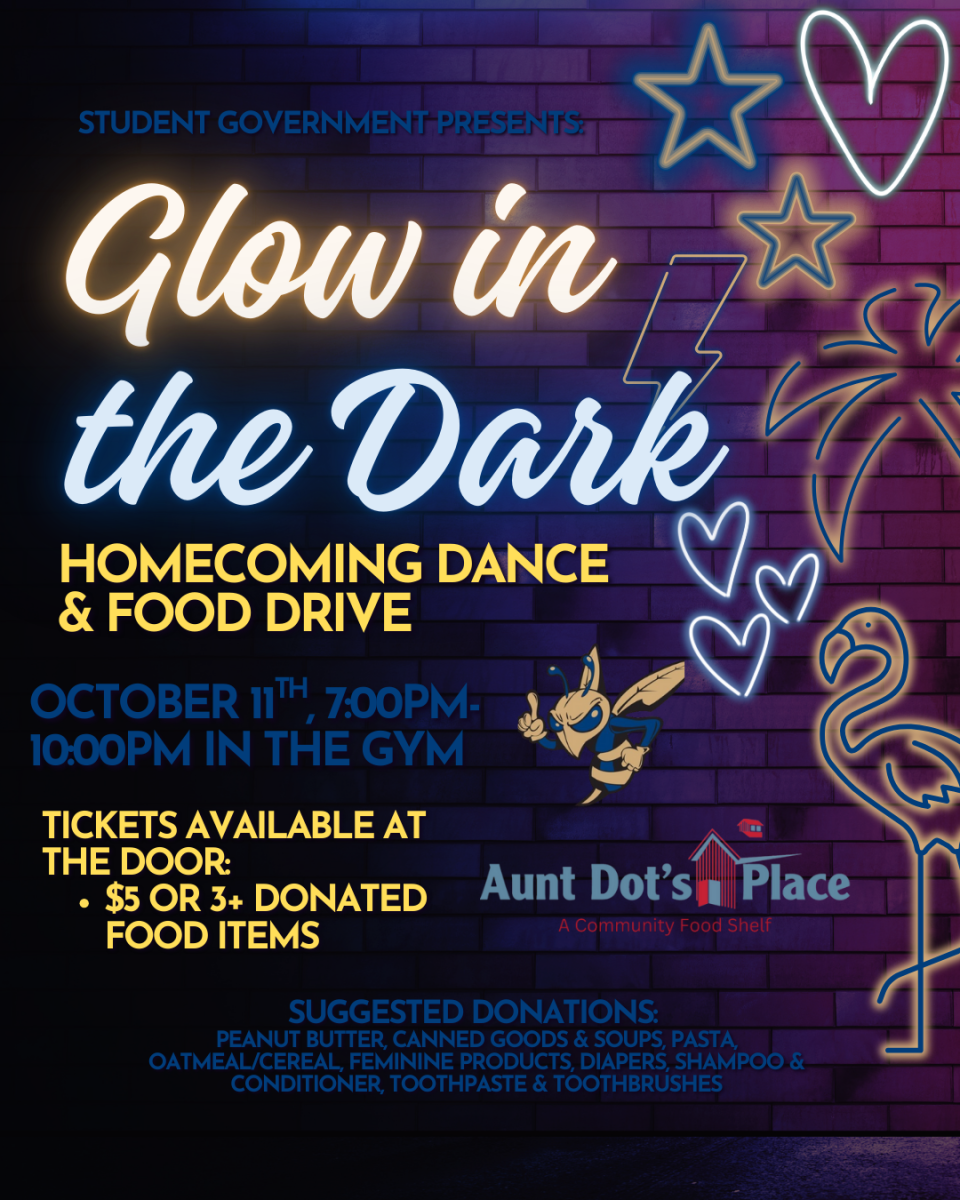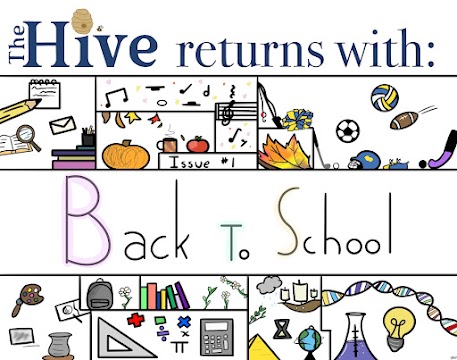Voices of Vermont Hunters
January 6, 2023
[Content Warning: Images below might be disturbing for some.]
Hunting in Vermont is a tradition that extends back before the country’s founding. In fact, Vermont was the first state with constitutional language that protects its citizens’ right to hunt. With the state’s combination of rolling farmland and thick woods, hunting remains a popular activity and a way to put truly fresh, local food on the table.
Hunting is an essential part of Vermont life. Jonathan Stapleton, a science teacher at Essex High School, provides his unique perspective of his hunting through the lens of a science teacher.
“These days, I’m too busy to do much hunting, but I usually hunt ducks, grouse, and deer at least once a year. I have only gotten one deer in Vermont. When I hunt in Montana with my wife’s family, I always get a deer. I usually get a couple of ducks and a couple of grouse when I go duck or grouse hunting. I was more successful when I had more time to put into planning and hunting,” Stapleton shared.
Mr. Stapleton has hunted quite the variety of game in Vermont and Montana. And like he said, it does take a lot of planning in order to be successful while hunting. You need to be physically prepared for climbing mountains, tackling the harshest terrain, withstanding the ugliest weather, and facing dangerous wildlife. You also need to make sure not to get lost, be willing to wait for hours, and be ready to step outside your comfort zone.
In the wild, white-tailed deer, particularly the young, are preyed upon by bobcats, mountain lions, and coyotes. Adults use speed and agility to outrun predators, sprinting up to 30 miles per hour and leaping as high as 10 feet and as far as 30 feet in a single bound. Although previously depleted by unrestricted hunting in the United States, strict game-management measures have helped restore the white-tailed deer population.
In 2015, the mountain lion, or catamount, as we call it here in Vermont, was officially removed from the endangered species list and pronounced extinct in the state. With no predators to control the population and alter feeding behavior, the white-tailed deer and rabbit population became unsustainable. As food becomes scarce, the population easily spreads disease and becomes malnourished, and will either migrate or completely die out. With the absence of catamounts, human hunters need to take over as the apex predator of Vermont.
“I buy my license, tags, and state duck stamp online, but I buy my federal duck stamp at the post office,” Stapleton said.
Stapleton continued, “There are a LOT of laws for hunting. I think the most important hunting law is the one that requires successful completion of a hunter safety course in order to get a license. During the course, you learn about gun safety and all of the most important hunting laws. As an aside, it seems strange to me that no safety course is required for buying, owning, or using a gun — as long as you aren’t hunting with it.”
There are many pros of hunting. For example, it controls wildlife populations, it is an activity that can be done safely, it’s a way to exercise, it increases people’s knowledge of nature, it offers a method of survival for cultures who do not waste any part of the animal, it provides a source of revenue, and it can reduce automotive accidents since white-tailed deer collisions caused 200 deaths in the last year.
David Teague, a local Vermont hunter who grew up in Franklin County has been hunting most of his life.
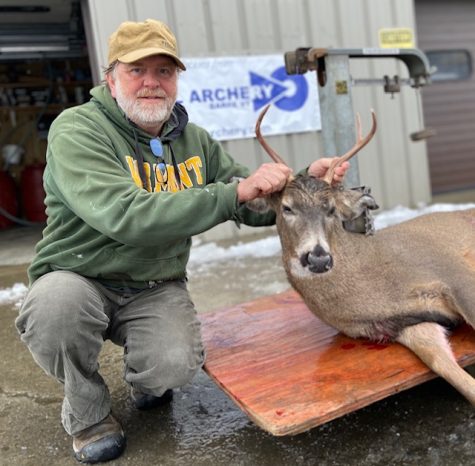
“I primarily hunt white-tailed deer,” Teague said. “I have [a] pretty good success rate. I did not get a deer the last two years but that is mostly due to the fact I had opportunities but didn’t harvest them.”
The process for a license, Teague shares, is that “the state of Vermont Fish and Game assigns you an ID similar to a driver’s license. You can now go to their website and purchase all your licenses online.”
Teague has quite the long history with hunting and has seen quite a few violations in his lifetime. “I have seen violations from poaching, people firing from their vehicles and from the road, trespassing etc. There [are] too many to list,” Teague said.
In just about every state it’s illegal for hunters to shoot at game animals from an automobile, with the understandable exception and special permits for those who are disabled. Teague explained, “It’s maddening if you truly love any sport of choice, and you have to remember there are rules and regulations concerning safety and for fairness.”
When asked if hunting was a lifestyle, hobby or sport, Teague responded, “When you’ve been doing something since you were a kid, it certainly becomes more of a lifestyle.”
Essex High School teacher, Michael Gilbert, who teaches math shared his experience with hunting.
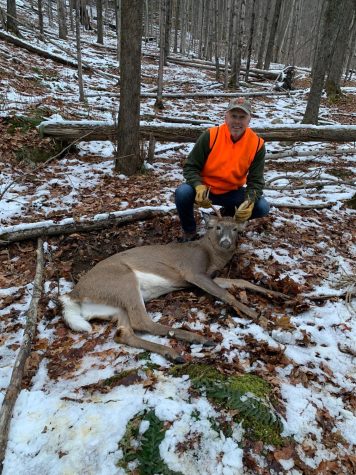
“I have been hunting since I was 12 years old and was introduced to the sport by my father and uncles. These days I hunt only deer, and only with a rifle. In the past I have hunted game birds (mostly partridge), but have not actively done so for many years. I have experienced a very modest level of success, having shot 7 deer.”
Gilbert continues. “The rules surrounding the sport are fairly simple and straightforward and start with recognizing the criteria for a legal kill. During the rifle season only legal bucks may be taken, and a legal buck requires at least one antler to contain more than one point. During the bow and muzzleloader seasons antlerless deer may be taken as well. Generally speaking it is also very wise to wear bright colors for safety purposes. It is also important to hunt land that is legally accessible; many private landowners hang posters on the borders of their land specifically stating that hunting is not allowed. Hunters should be careful to respect these posters unless they have made an arrangement with the landowner.”
Gilbert continues, “You can obtain a hunting license in Vermont after you have taken a required hunters’ safety course and are at least 12 years of age. I believe courses of the like taken in other states are transferable to Vermont, too.”
However, with everything, there are cons to this hobby as well. It is becoming more of a sport than a necessity of life. It can also result in animal population reductions and even species extinction, and it can lead to abusive practices causing animals to suffer.
The pros and cons of hunting show us that when hunters are taking the animals welfare into consideration and the purpose is to guarantee survival, it is a task that can be highly beneficial. If hunting becomes about sport and profit, however, then more of the disadvantages of hunting tend to come out. It’s very important to remember that this isn’t the 1950s, and wildlife is facing the sixth mass extinction.
Sources:
https://www.allaboutbirds.org/news/
https://www.nationalgeographic.com/animals/mammals/facts/white-tailed-deer



